Time for the third and final round of July’s book reviews. Today’s books could not be more different: romance, historical fiction, horror/thriller, social commentary, and some Bible doctrine are keeping things interesting around here!
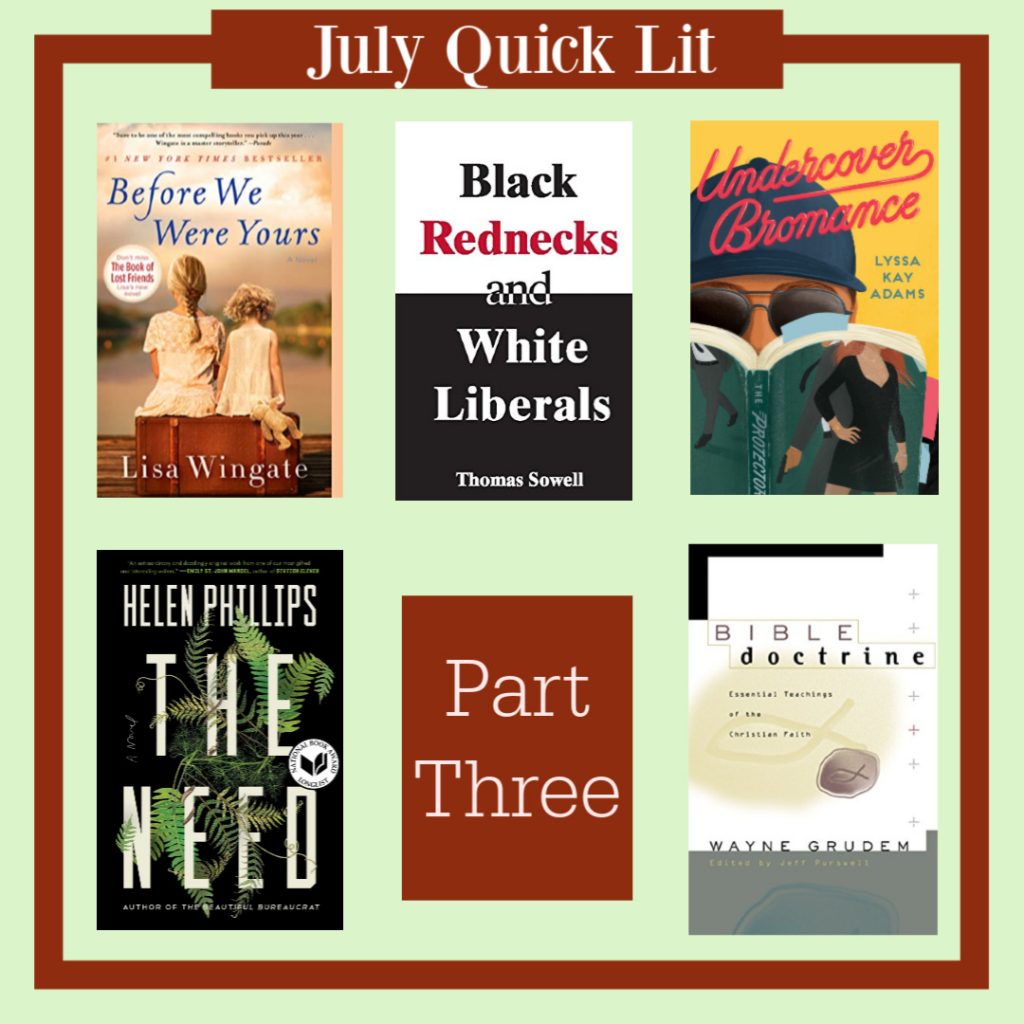
Undercover Bromance, by Lyssa Kay Adams: Braden Mack, a successful nightclub owner, is the founder of the Bromance Book Club, but despite being a professed romance expert, he has failed to find lasting love. Braden’s latest pursuit is Liv Papandreas, a sous chef at Nashville’s hottest restaurant. When Liv gets blackballed from the restaurant scene after attempting to expose her celebrity chef boss for his mistreatment of his female employees, Braden and his fellow book club members step in to assist Liv in a sting operation to take down the chef. True to Rom-Com form, hilarity, miscommunication, and an enemies-turned-lovers romance ensue.
This is the second novel in the Bromance Book Club series, and it doesn’t hold a candle to the first book. While Book One was much steamier than I prefer, I was invested in the primary love story (about a husband trying to win back his wife) and found the book club members humorous and endearing (albeit pretty cheesy). Unfortunately, the protagonists in this novel are unlikable and poorly imagined, and I couldn’t bring myself to care about them or their formulaic relationship. The feminist themes are pretty over the top, and I didn’t love the insensitive treatment of some of the more difficult subject matter (sexual misconduct, childhood trauma, etc.). Most disappointing was the book club itself, which plays a comparatively small role in this novel; I missed their humor.
My Rating: 2.5 Stars. (Rounded down to 2 stars on Goodreads.)
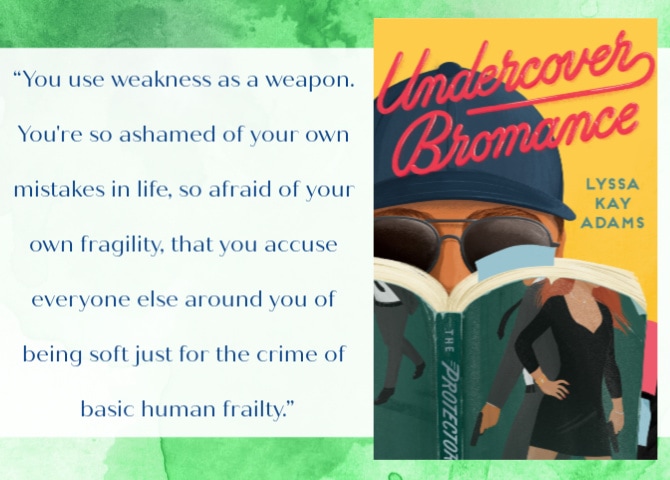
Bible Doctrine: Essential Teachings of the Christian Faith, by Wayne Gruden: I began reading this book nearly a year ago along with Luke and a group of guys from church. They read a chapter each week, and though I didn’t join in their discussions, I enjoyed “participating” in them second-hand. Bible Doctrine is an abridgment (though still over 500 pages) of an upper-level theology textbook, and it explores more than thirty theological principles within the core doctrines of the Bible, God, Christ, Redemption, the Church, and the Future. Grudem (a theology professor) takes a systematic theology approach to questions every Christian has asked about issues such as the trinity, the sufficiency of Scripture, atonement, salvation, and more. The themed chapters are written in an easy-to-read outline format, and each chapter ends with helpful review questions, key vocabulary, and a relevant Scripture passage to memorize.
Having grown up in the church and taken several Bible classes in college, I’ve spent a lot of time studying Scripture, but had never read through a theological overview such as this one. The book’s format and comprehensive nature are fantastic—perfect for the type of long-term approach Luke and I took (I definitely wouldn’t try to read this book all at once!), and I found it incredibly beneficial in helping me think through a number of theological principles that are part of my personal belief system—some I was aware of, and some that were present but not acknowledged. Most of the general principles within the book were familiar to me, but I was introduced to quite a few alternative perspectives and approaches to many of these ideas.
Within each chapter, Gruden draws some very firm conclusions, and not all of these aligned with my own perspective (particularly those related to predestination and complementarianism). I occasionally grew frustrated with Gruden’s bias towards certain principles and his unwillingness to accept differing opinions. I also found the writing style to be overly straightforward and would have liked a touch of color to lighten things up. (The fact that this is an abridgment might have something to do with the dry writing.) However, the book succeeds in its goal of making theology accessible for both believers and people who are exploring Christianity.
My Rating: 4 Stars.
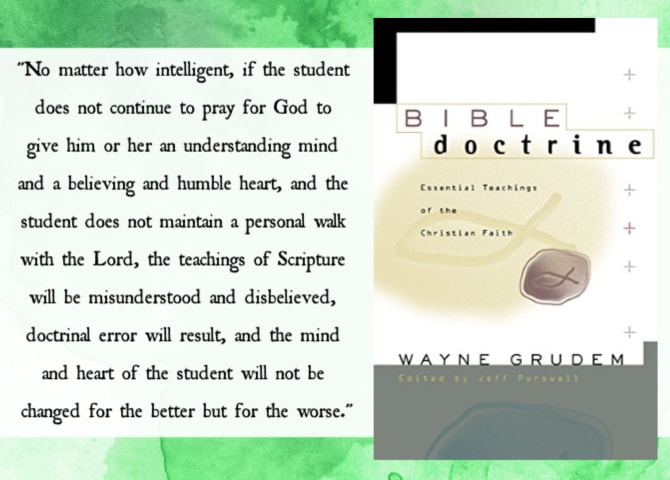
The Need, by Helen Phillips: Molly is a thirty-something, sleep-deprived mother, struggling to stay afloat while balancing the needs of her preschooler and baby and her work as a paleobotanist. Molly’s work life begins to diverge from reality when she makes some anachronistic findings; then her home life also seems to have gone off the rails when an intruder appears in her home, making unrealistic demands and knowing far too much about Molly and her family. What follows is a bizarre yet insightful examination of motherhood, reality, and the lengths a woman will go to protect herself, her children, and her ideals.
Though this reads like a thriller or possibly horror, it’s difficult to categorize. It’s certainly strange and I spent much of the novel trying to get my bearings—a sensation intentionally and meticulously cultivated by the author to bring the reader into Molly’s exhausted, confused, and off-kilter world. Though the structure and plot (or lack of plot?) are frustrating, I appreciated Phillips’ brilliant reflections on early motherhood and could relate to so much of Molly’s experiences of exhaustion-tinged joy and general disorientation in the midst of parenting young children. I’ve read very few novels that are able to capture the nearly ineffable emotions and thoughts of this stage so articulately, and I was impressed with Phillips’ portrayal of humor-laden chaos and heightened senses amidst ordinary circumstances. I also really loved the dynamic Molly has with her children, and found the young characters especially well drawn.
I do wish that I had read this with a book club or reading buddy, as there is much to discuss and I was left with a lot of questions. It also might have been helpful for me to read it when I wasn’t in the throes of this stage myself and had a few more brain cells to devote to the challenging plot. However, I commend Phillips for her creativity and insight.
My Rating: 3.5 Stars. (Rounded down to 3 stars on Goodreads.)
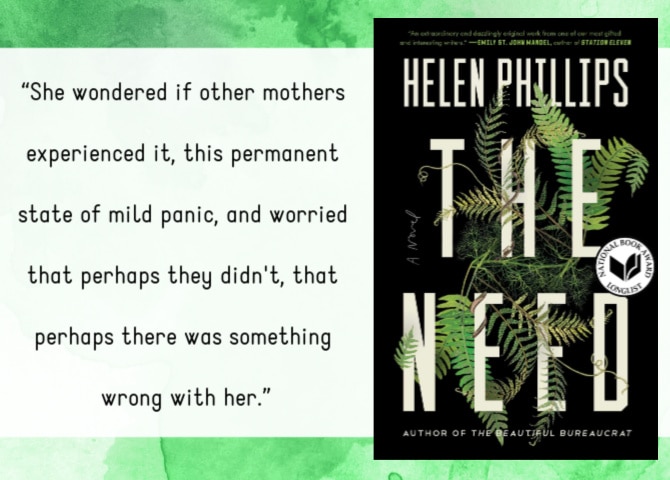
Black Rednecks and White Liberals, by Thomas Sowell: This collection of essays by an African American economist and social theorist offers a subversive look at many widely held beliefs about race, slavery, education, and economic disparity. Among the issues explored are: the development of ghetto culture (which Sowell argues has more to do with Southern roots than with race); the disparities in past and contemporary achievements in black education (it turns out that a lack of educational opportunities or positive Black influences are NOT to blame for a decline in economic and social well being of black America); the history of slavery in American and elsewhere (where slavery was just as prevalent and even less humane); and the dangers of viewing history through modern sensibilities. Sowell traces back to the origins of many stereotypes, dispelling popular myths and peeling back layers of propaganda and agenda-pushing to expose the truth.
I’ve been reading and listening to a lot of anti-racism voices in recent weeks in an attempt to understand our current racial climate, and this book was my attempt at stepping out of the echo chamber to view those same ideas from an alternative perspective. To say that this book was enlightening would be an understatement. The points Sowell makes are a stark contrast to the ideas being presented within modern culture, and his conclusions set my mind spinning as I attempted to reconcile his views with my own (or at least those I’ve absorbed from my education). Sowell’s findings are well researched, drawing from hard statistics, case studies, and observations of historical and cultural trends. His perspectives are clearly articulated, and while they would certainly be considered offensive by many, I was glad to have my eyes opened to some new ways of thinking about these controversial yet pivotal issues.
A majority of the ideas presented here are not at all in alignment with popular opinion, and I am sure much of this book would be deemed as racist, harsh, and ill-informed by many of today’s thought leaders and politicians. Sowell leaves no room for victim mentality, reimagined history, or misplaced blame. Although many of Sowell’s conclusions are politically incorrect, they are hard to refute, especially coming from a person of color who actually has some skin in the game. (The fact that Sowell is an African American made me much more comfortable picking up this book in the first place.) I appreciated his clear-eyed view of history and his explanations for why ill-informed perspectives have gained popularity among both black and white audiences.
This book was written fifteen years ago, and I’m curious how (or if) it would be different were it written in today’s heightened racial climate. And speaking of that racial climate: this book did not shift my beliefs on the importance and value of the current Black Lives Matter movement. Sowell did not convince me that racism is not a problem in America or that there is not still important work to be done regarding racial reconciliation and making amends for past grievances against the black community. I wish that rather than denying the problem of racism, this book acknowledged a problem and offered some solutions. However, the book is certainly a conversation starter, and thanks to Sowell and his ideas, I will no longer be taking opinions related to this issue at face value.
My Rating: 4 Stars.
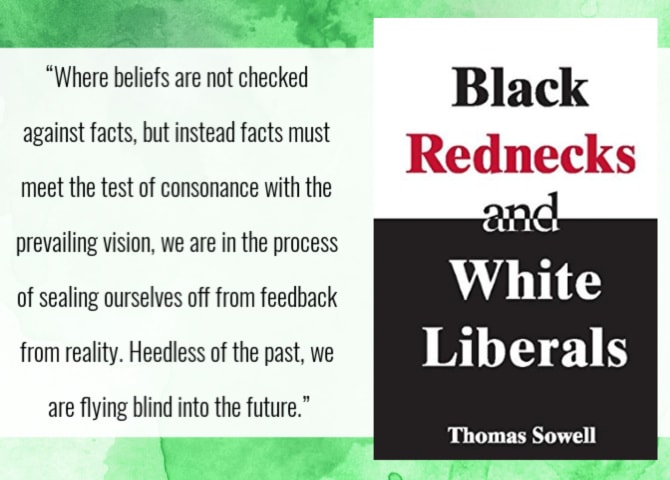
Before We Were Yours, by Lisa Wingate: Based on true events, Before We Were Yours tells the story of 12-year-old Rill Foss who lives on a shanty boat on the Mississippi River with her parents and four siblings. One night in 1939, her father and pregnant mother rush to the hospital, and while they are away, Rill and her siblings are visited by strangers who remove them from their riverboat home and place them in a Tennessee orphanage where they are met with cruelty, hunger, and abuse from a director who plans to sell them and the other “orphans” to new families.
In the present day, prosecutor Avery Stafford is the privileged daughter of a politician who is being groomed to follow in her father’s footsteps. While assisting her father on the campaign trail, Avery comes across an elderly woman whom Avery believes may be connected to her grandmother. The two stories converge as Avery embarks on an investigation of her family’s dark past.
Prior to reading, I did not know much about the trafficking of Tennessee children, and I found the historical aspect of the book intriguing and completely horrifying. The historical characters are well developed and heartbreakingly believable, and the Depression-era setting is haunting yet realistic. While I enjoy historical fiction with present-day connections such as this one, I felt that the modern storyline was a little too far-fetched and too tidy to add much to the novel. I also found the book to be far too long and unevenly paced. I’m not quite sure this novel is deserving of the immensely high accolades it has received, but it is certainly an engaging and eye-opening read.
My Rating: 3.5 Stars. (Rounded up to 4 stars on Goodreads.)
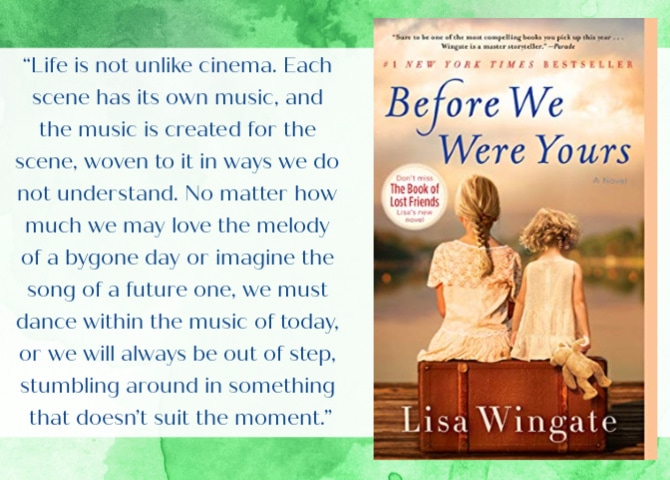
Have you read any of these titles? What did you think?